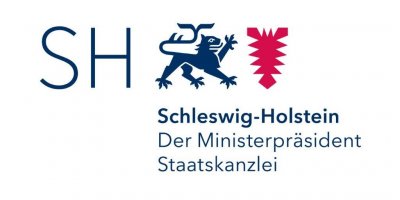
MASIRI
Multi-Agent-Simulation of Intelligent Resource Regulation in Integrated Energy and Mobility
Period: From June 2021 to May 2024
The interdisciplinary project MASIRI aims to build an innovative multi-agent simulation using intelligent energy agent modeling based on a psychological view of energy user behavior. The project addresses the influence of human experience and behavior on mobility and energy consumption in Vehicle to Grid (V2G) systems and how this knowledge can be used for the optimal design of such systems.
The demand for shared use of available energy between the mobility sector and the power grid is one of the largest foreseeable additional loads on our power grids. For optimal efficiency and sustainable development of the joint mobility and energy system, a particularly effective design in the sense of a synergetic integration of the two system components humans and technology is therefore required.
To this end, the Institute for Multimedia and Interactive Systems (IMIS) and the Institute for Software Engineering and Programming Languages (ISP) will jointly model human behavior with respect to energy and mobility and build a simulation with intelligent and self-learning agents. An overarching optimization algorithm will suggest changes in the system. The agents should be able to adapt to these changes, which is implemented by using machine learning applications.
The energy and mobility data required for the simulation come from the ReNuBiL living lab, which is located directly on the campus of the University of Lübeck. The close connection of the simulation to real user behavior allows for more realistic simulation results. Furthermore, the simulation will be extended with public data and a user-centered system will be developed that can simulate the impact of different energy management strategies. The simulation results will provide added value to all stakeholders involved in the development of energy mobility systems and decision making, e.g. public administration. Thus, an intelligent system will be built that is able to optimize energy management and propose strategic decisions regarding the development of new business areas, infrastructure measures and energy policy interventions in terms of a synergetic integration of energy and mobility related system components.






